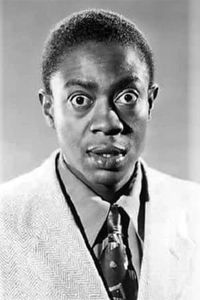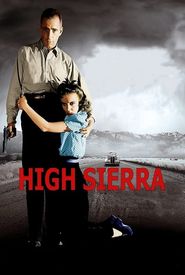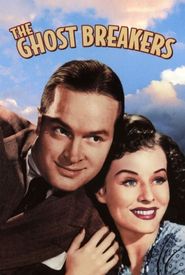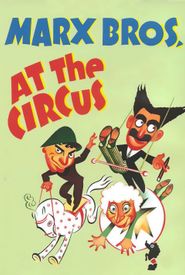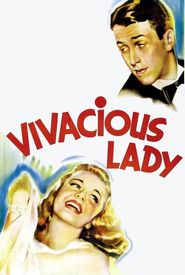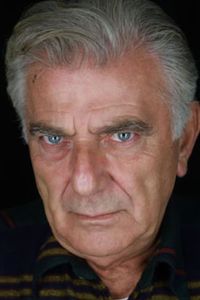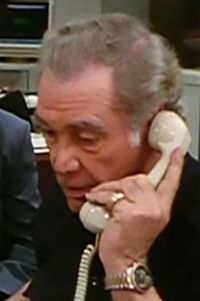One of the most dedicated and unacknowledged African-American actors of Hollywood's "Golden Era" managed to create remarkable work despite the limitations he faced. Throughout his illustrious career, he had the privilege of sharing the screen with some of the most iconic comedians of the time, including the renowned Marx Brothers, the beloved Bob Hope, the legendary Laurel and Hardy, and even the talented Shirley Temple, with whom he collaborated on three films.
It is not uncommon for Best to be mistakenly identified with William "Pat" Best, a musician and writer, who is best known for his work on the song "(I Love You) For Sentimental Reasons".
However, Best's own career was marked by a significant turning point, which led to a dramatic shift in his professional trajectory. A drug-related arrest ultimately brought an end to his time in the film industry, and he subsequently transitioned to television, where he worked for a period before eventually retiring from the public eye.
In his later years, Best resided at the Motion Picture Country Home before passing away, and he was laid to rest in North Hollywood, California.
Unfortunately, Best's career was also marked by the pervasive racist attitudes of the era, which denied him the opportunity to showcase his full range of comedic talents beyond the stereotypical porter and janitor roles that dominated his body of work. Furthermore, during the Civil Rights movement, he was also a victim of backlash for these very same roles, which served as a constant reminder of the systemic barriers and biases that he faced throughout his career.
